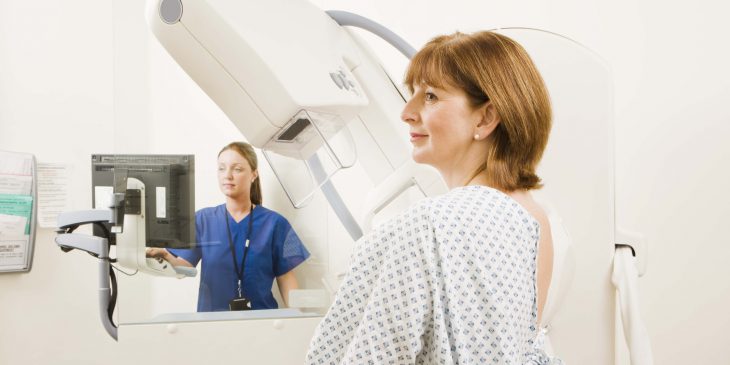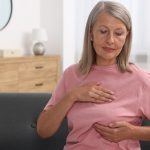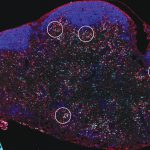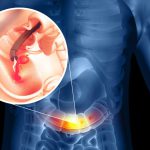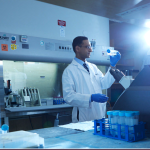About 10% of participants in the U.S. Food and Drug Administration’s COVID-19 vaccine approval trials reported swelling in the lymph nodes under their arm after receiving their shots. This is a normal response to a vaccination and means that your immune system is working.

Dr. Margarita Zuley
Those same swollen lymph nodes can be seen on a mammogram. While a swollen lymph node is an uncommon sign of breast cancer, if seen and identified as a change from prior examinations, as a breast radiologist, I would recommend you return for a careful diagnostic evaluation to rule out any possible breast cancer.
What’s important is that women be aware this can happen and schedule their screening mammograms around their opportunity to receive the COVID-19 vaccine when possible.
As always, anyone who has a suspicious lump or unusual changes in their breast should call their doctor and continue with a diagnostic breast imaging evaluation, regardless of when they get their vaccination. We do not suggest women with a breast concern delay their evaluation.
Every woman 40 years of age or older should consider scheduling their mammography before receiving the first dose of the COVID-19 vaccine, if possible.
Since many women skipped mammograms last year due to the pandemic, it’s important to make the appointment now before the vaccines become more widely available. Also, patients can schedule mammograms eight to nine months from their last annual mammography, if needed, to avoid a conflict with scheduling their vaccination later this year. But to be sure, check with your insurance provider.
For those who have already received the COVID-19 vaccine, consider scheduling your mammogram four weeks after your second vaccine dose. This will reduce the chances that the swollen lymph nodes from the vaccine will be detected on your mammogram.
For patients who already have appointments for screening mammography or the vaccine, don’t cancel either. Let your radiologist know when you received the vaccine and in which arm at your mammography appointment.
The COVID-19 vaccine is vital to helping our community reduce the spread of this virus, and an annual screening mammogram is the single most important way for detecting breast cancer early and best opportunity for a cure. With attention to the timing of both, you can ensure that you stay healthy.
Dr. Margarita Zuley is chief of the Division of Breast Imaging at UPMC.



